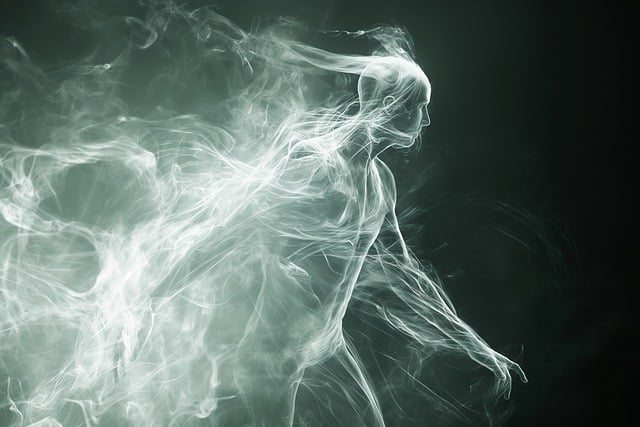
We have blogged about the finding that consciousness has been detected in 25% of patients who are comatose. It turns out, there has been other research over the last few decades that has detected conscious responses in patients with massive brain injuries who had been described as being “in a vegetative state.”
Charles Camosy, a professor of medical humanities at the Creighton University School of Medicine, writes about these cases in a piece published in the National Catholic Register entitled The Mystery of Consciousness: New Study Challenges ‘Brain-Death’ Narrative. Here is the article’s summary: “Contemporary Western cultures insist consciousness resides exclusively in our brains, but an abundance of recent scientific research indicates otherwise.”
Camosy points out that the ancient Egyptians considered the brain to be a relatively unimportant organ, responsible mainly for cooling our blood, and discarded it during the process of mummification. I would add that the heart was often considered to be the seat of human emotions and consciousness. But ever since the Enlightenment, the brain has filled that role. In fact, we assume that “we are our brains.” Today, some people in our high-tech culture want to freeze their brains after they die, for future implantation into a new body, and others entertain the fantasy of downloading their brains into the internet to attain eternal life.
Of course, we now know much more about the functions of the brain. But detecting the mechanisms of consciousness in the brain has proven elusive. Camosy writes,
The best neurologists and philosophers of mind have spent several decades trying to find the center of consciousness in the brain — and come up empty. Indeed, so dramatic has the failure been to find consciousness in the brain that some philosophers — like the great Daniel Dennett (who recently passed away) — have even made the absurd suggestion that human consciousness must be an illusion. How telling is it that some philosophers are willing to deny a reality that is most present and obvious to us in order to preserve the truth that we are our brains.
Camosy then discusses the growing evidence that finds consciousness even in patients that seem to have little or no brain activity. Some scientists are now suggesting that consciousness may be a function of the body’s entire neural network or of the organism as a whole. I would add that some scientists believe the physical basis of consciousness may be a quantum phenomenon. (See this article: Groundbreaking Study Affirms Quantum Basis for Consciousness: A Paradigm Shift in Understanding Human Nature.)
UPDATE: Now a scientist is proposing that consciousness is a function of “hyperdimensionality,” that consciousness comes from our minds tapping into a higher dimension.
Or consciousness may reside in what Christians call the soul. Camosy sees these more wholistic approaches to consciousness as having “deep resonances with a Catholic understanding of the soul.” He speaks as a Catholic in a Catholic university writing for a Catholic publication, but what he says applies to a belief in the spiritual makeup of a human being that is common to all Christians:
The soul is not like a ghost in the machine that lives in or inhabits a certain part of the body and sort of floats up to heaven upon death. Unlike that kind of dualistic view, the soul in a Catholic understanding is the form of the body — the animating spiritual principle of the entire living human body. And if the soul is intimately related to human consciousness, then the idea that consciousness does not reside in the brain would pose exactly zero problems for Catholics. It would also explain why people with catastrophic brain injuries may still be conscious — a state of affairs with which we, again, are finally being called to wrestle.
Image: “Soul, Light, Spirit” by Przemysław Trojan from Pixabay














